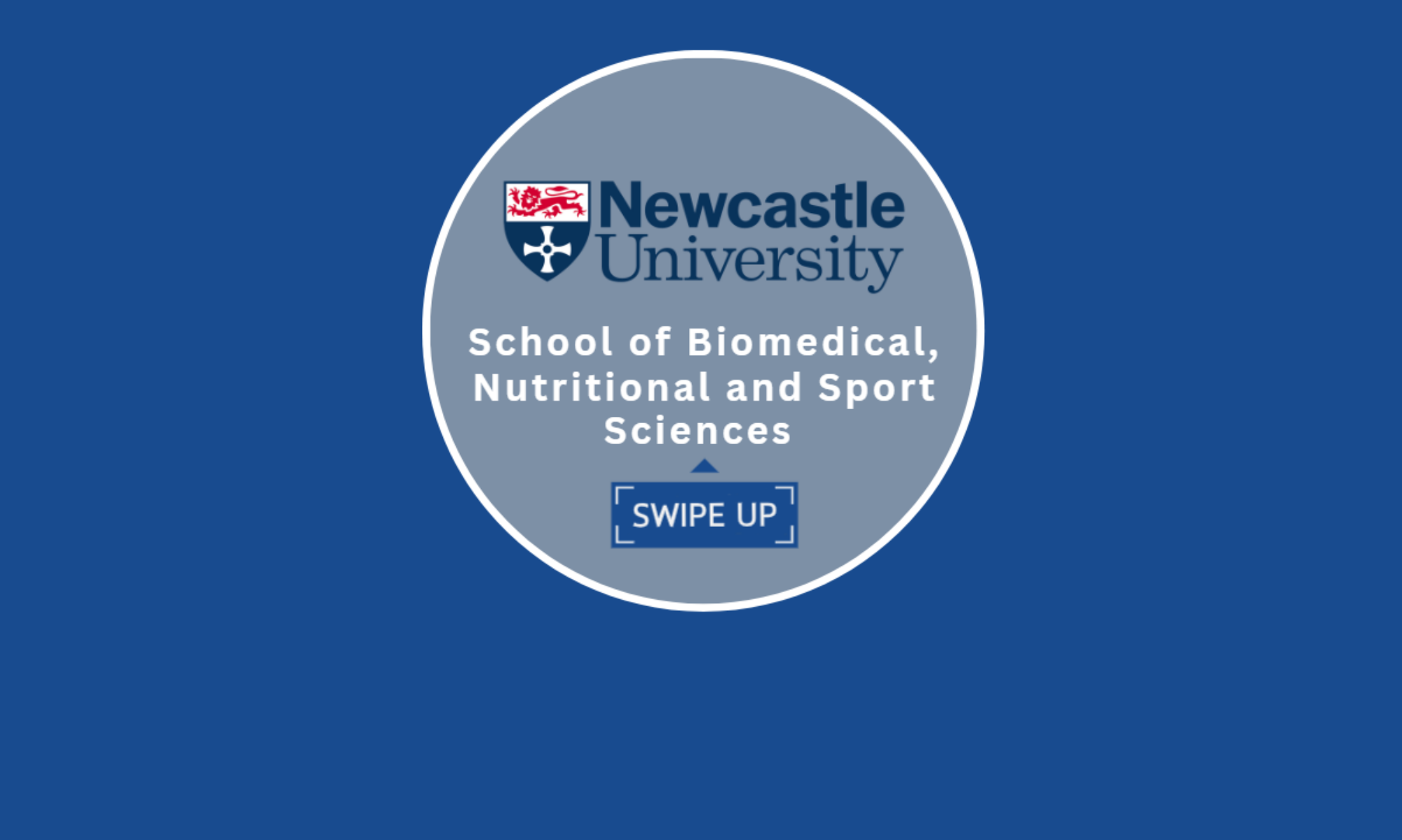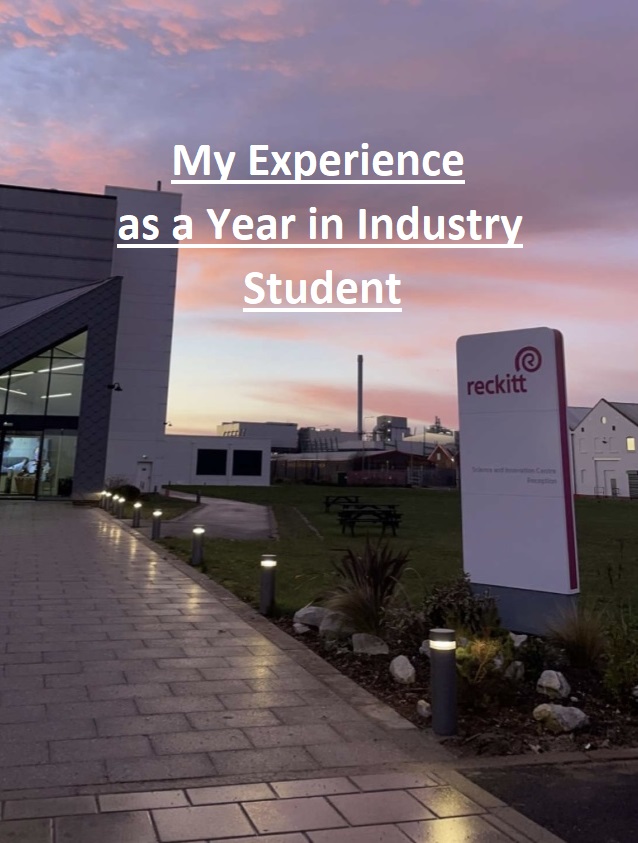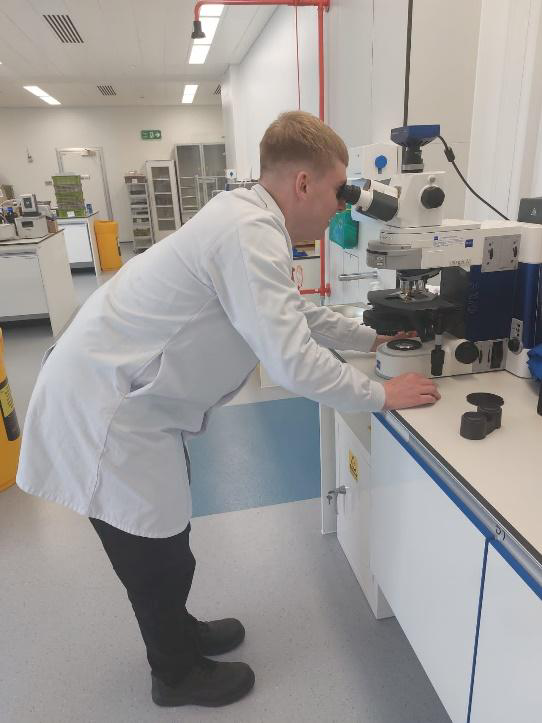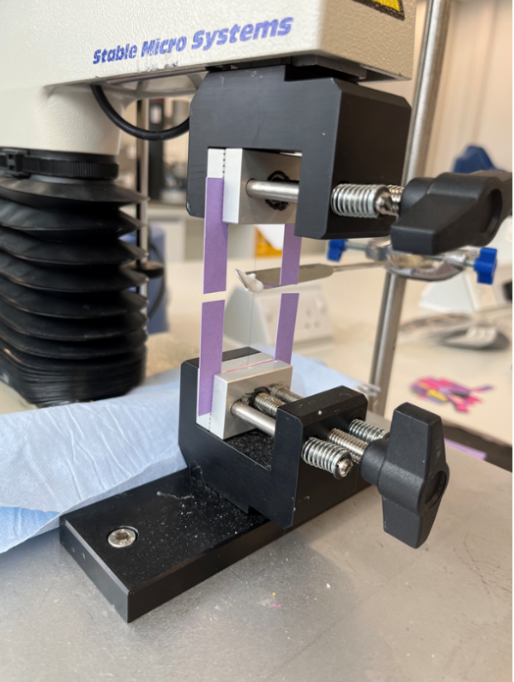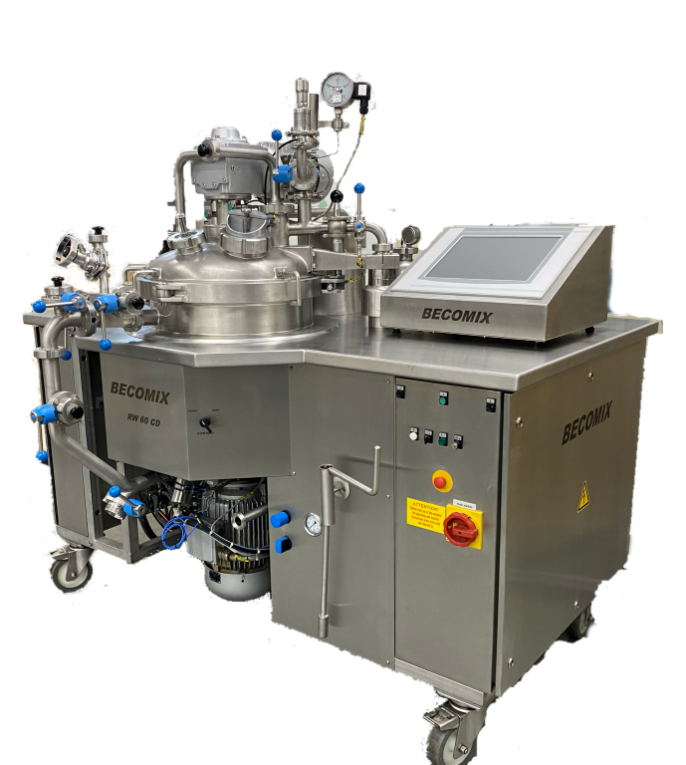By Emily Longman, BSc Biochemistry
Edited by Maddie Wildridge

I know I’m not just speaking for myself when I say if they wrote academic papers the same way they wrote Tom and Jerry cartoons, I’d be reading them a lot more! So why don’t they?
There are 3 reasons:
- They want to avoid confusion
The aim of academic writing is to convey a complex idea with concision and without confusion to fellow academics. By adding quips or breaking free from the pretty rigid model of academic papers, one risks readers getting distracted, and missing the point of the paper.
- They don’t want to “dumb it down”
A lot of the time academics associate digestibility and informality with having to “dumb something down” which certainly goes against the aim of academic writing for likeminded academic readers.
- The fear of peer reviews
Although it sounds shallow, it’s especially important that those reading your paper like it, as the pillars of academic publishing are peer reviews. A paper won’t make it anywhere near my screen if the peer reviews frown upon it. So many writers bow down to the peer review system for approval in the name of their paper’s progression.

Considering this, it’s true that breaking a tradition by cracking a joke is a risk that might not pay off…
But I’m not asking for an hour long stand-up gig about RNA! Merely a funny title, a bit of intentional alliteration perhaps? Just some variation from the (although novel and fascinating) DULL papers we students have to read.
I’ve found a few papers that have done just that, and you tell me if these would catch your eye:
These had me giggling! (You can never go wrong with a Barbie reference.)
My housemates and I were laughing at these titles last night, and it made us realise how easy it is to get bogged down by the weight of studying a science degree, or working a science-based job. Science is serious for good reason, we’re often discussing diseases affecting thousands of lives, but it’s important to show a balance. I chose a Biochemistry degree because I had FUN in labs at school, not because I wanted to be serious and intellectual all the time.
I’m a big fan of the Science journal, not just for the published papers, but for their science humour column, and their blogs. The informality is inclusive and far less intimidating than the impenetrable, science jargon stuffed papers. I strongly believe that a bit of humour goes a long way in academic publishing becoming unique and approachable without sacrificing complexity and content.
If you’re also the type of person to rather read a blog than a paper, or if you’re interested in learning some more creative skills to use for bioscience careers outside the lab, then you might enjoy the science communication module Newcastle provides that sparked me writing this article in the first place!

